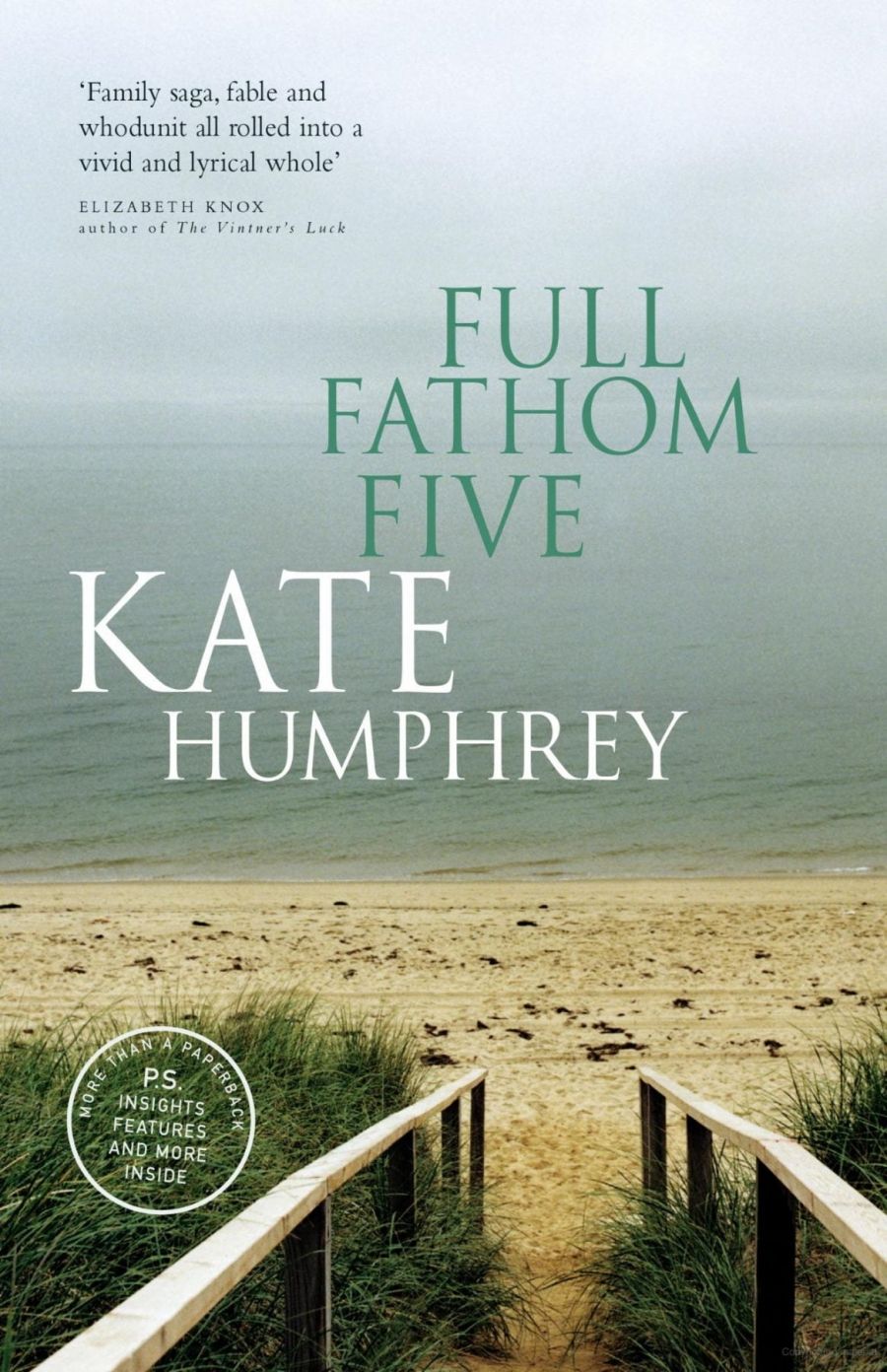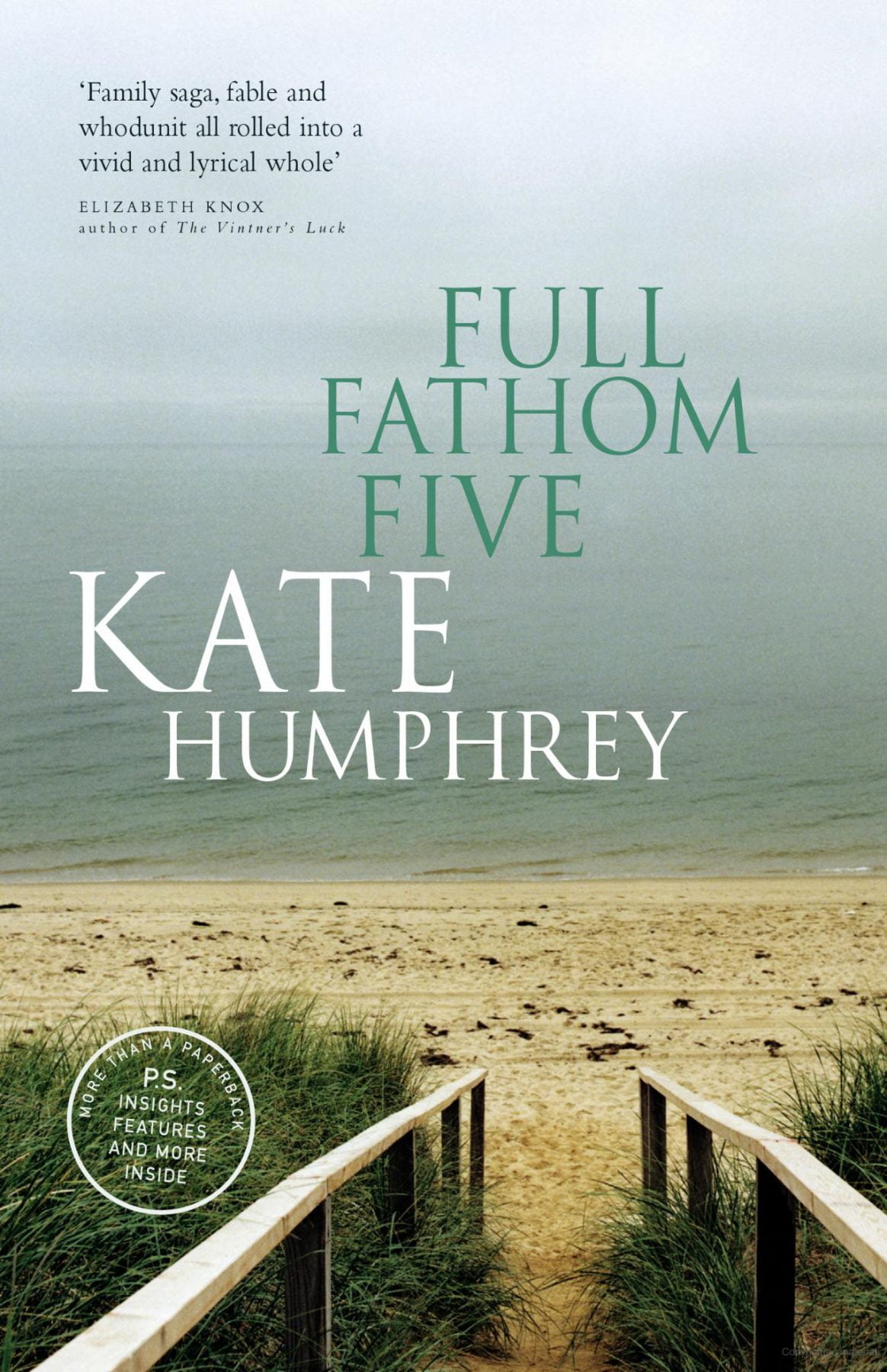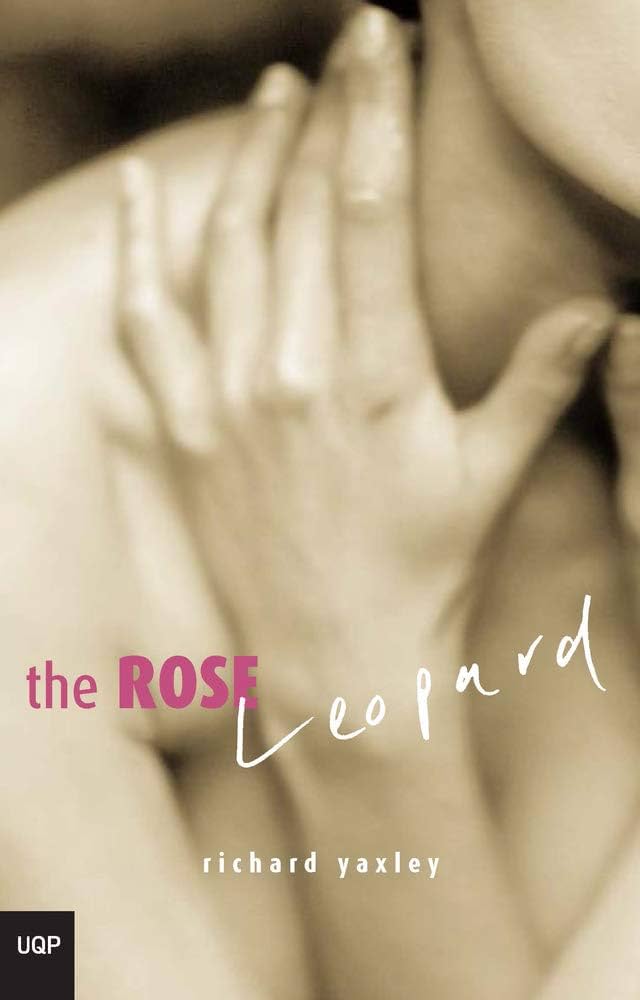
- Free Article: No
- Contents Category: Fiction
- Review Article: Yes
- Article Title: The Modern Order
- Online Only: No
- Custom Highlight Text:
‘Now listen carefully. I want you to think of the two most beautiful things in the world. One each – and not just beautiful but most beautiful.’ Richard Yaxley examines the nature of relationships, family and grief in his first novel, The Rose Leopard. Father, writer, self-confessed ‘groin-driven’ lover, Vincent is the dreamer; Kaz his muse and the preserver of their family. After meeting at university, they have forged a powerful partnership against those who don’t understand their shared bond of a love for stories and words. In particular, Vincent rails against Kaz’s family, which disapproves of his apparent fecklessness, and curses his pretentious agent, Stu. His other pet hates include American sitcoms, crowds, the lack of news-papers on Christmas Day and being forced to listen to people. Kaz, by contrast, is an island of calm in a sea of neurosis, an organiser of shopping and schedules.
- Book 1 Title: Full Fathom Five
- Book 1 Biblio: Flamingo, $29.95 pb, 352 pp
- Book 1 Cover Small (400 x 600):

- Book 1 Cover (800 x 1200):

- Book 2 Title: The Rose Leopard
- Book 2 Biblio: UQP, $22 pb, 254 pp
- Book 2 Cover Small (400 x 600):

- Book 2 Cover (800 x 1200):

Now living in a rural idyll outside Brisbane, Vincent combines the care of their two children – ‘Funny little puppets dressed in checked shirts and too-big jeans’ whom he nicknames Milo and Otis – with work on his next book, whilst Kaz works as a freelance journalist. Despite her support, he is struggling with his writing, obsessed with words rather than plot, much to Stu’s annoyance. However, in a mundane accident, Kaz’s life is cut short, and Vincent and the children are left to make sense of a radically changed world.
This is a powerful novel, with a wonderful ear for language and dialogue, tying together moments of great pathos with irreverent minutiae. Snippets of childish conversation, discussions of alternative words for ‘undies’, and imaginative descriptions of characters have great charm, especially when dealing with moments of emotional depth. Vincent is a convincing and lovable character, both blindingly self-obsessed and adoring of his wife and children, who treat him with grace and humour. Exploring the dark days after Kaz’s death, Yaxley does a superb job invoking Vincent’s and Kaz’s family’s grief and confusion. The strained relationship between Vincent and his mother-in-law and sister-in-law are played out delicately as the deeply hidden reasons for this are slowly revealed. The pace quickens in the second half of the novel, as Vincent’s black-and-white view of the world dissolves.
Faced with the brutality of his pragmatism (‘we die, they lament, we decompose, they drink toasts, we add nutrients to the earth, they forget’), Vincent develops an allegorical creation, the Rose Leopard, to soothe his children after their mother’s death. Reminiscent of Michael Ende’s The Neverending Story, it features a universe of the fantastic, of good and of the inevitable defeat of evil. As a bedside story, it enables a sense of understanding, and suggests the family will eventually be able to move painfully on.
Indeed, much in The Rose Leopard is an advertisement for the value of stories in our lives – for education and entertainment, and to make sense of what happens around us. Yaxley uses an ongoing dialogue between Vincent and Stu to explore different perspectives on writing. It is Stu, despite Vincent’s previous contempt for him, who pushes Vincent to regain a connection with life through his writing: ‘See, they’re powerful things, stories. Much more memorable, much more able to move men and mountains, than a fancy phrase or a scintillating sentence.’
In contrast to the forged Daley family, the near death of Sara’s father Augusto results in a snapping of the family unit as his five children struggle to pull together in Kate Humphrey’s Full Fathom Five. This is the first realist novel by Kate Forsyth, better known for her bestselling heroic fantasy series The Witches of Eileanan, and now writing under the maiden name previously reserved for poetry and non-fiction.
Sara Sanchez, aged twenty, has corralled herself at her family’s country property in New South Wales. Housekeeping for her three brothers, half-sister and father, Sara is tied by her agoraphobia to the property that she hasn’t left for five years. She is consoled by her grandmother’s old tarot cards and by a secret stash of romance novels. Sara’s family treats her condition with a mixture of ridicule, annoyance and aggression: ‘If shame could stop Sara from being afraid, she would have found courage long ago.’
Beginning with the discovery of the nearly dead Augusto hanging over the edge of a cliff on a rainy night, Full Fathom Five follows Sara’s initial suspicion about her father’s fall and her family’s reaction. Gus is a magnificent figure, an extravagant painter whose fiery temper and flagrant infidelities have devastated the family. Sara’s mother Bridget, pushed beyond her limit, died in a car accident several years earlier. Gus promptly invited his mistress and their daughter to join him at the family home. Sympathy for the victim therefore is not predominant in either the reader or the family, despite their love for Gus.
Some of the most memorable pieces of writing in Full Fathom Five are the compelling descriptions of Gus’s family history, which is filled with stories of Spanish aristocracy, feasts and famine. The contrast with Bridget’s Irish Catholic Australian ancestry is marked, and the cultural confusion of their children explicable. Joe’s futile desire to be accepted by his Irish cousins is painful to read: ‘he wanted so much that he was thin and hungry.’ Family is an important theme of this novel, which presents the postmodern family in all its glory. These young adults struggle to define themselves as kin despite the ineffectual and occasionally malicious interventions of adult relatives.
Sara combines her faith in destiny and her grandmother’s cards with her fascination with the fairy tale of ‘The Little Mermaid’. To my mind, rather than a re-imagining of The Tempest, as is suggested by the blurb, Full Fathom Five reconfigures the tragic story of the mermaid who has her tongue cut out for love before winning immortality. Gus’s eventual death gives Sara a freedom she would not otherwise have obtained. Her burgeoning relationship with a farm employee is poignant, and her investigation into how her father came to be injured reveals the fractures that have developed between her siblings. Passion, betrayal and revenge surge to the surface.
Full Fathom Five is a surprising combination of family drama, murder mystery and love story. Lyrical and exhilarating, Humphrey excels in descriptions of both Gus’s and Sara’s paintings, evoking their art with such detail that it is startling to realise it is fictional. Sara’s journey is striking as she faces her fears and moves on; she is a heroine of the modern order.
Whilst tragedy in The Rose Leopard leaves behind a flawed but strongly bound family unit, in Full Fathom Five it gives its characters the chance to redefine themselves and their interrelations.


Comments powered by CComment